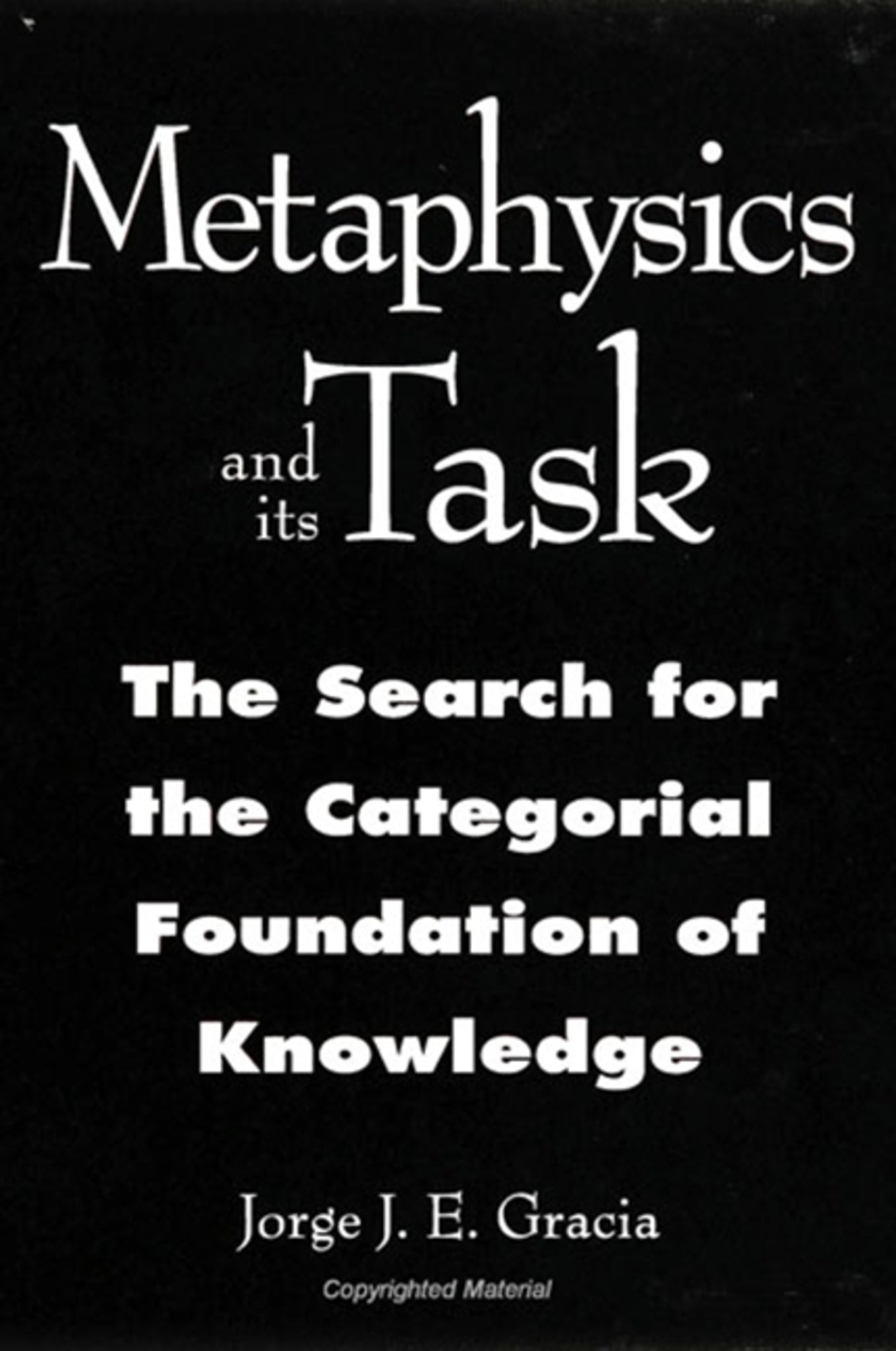We're sorry. An error has occurred
Please cancel or retry.
Metaphysics and Its Task

Some error occured while loading the Quick View. Please close the Quick View and try reloading the page.
Couldn't load pickup availability
- Format:
-
29 July 1999

Systematically analyzes the nature of metaphysics.
By offering the first systematic analysis of the nature of the discipline, Metaphysics and Its Task answers why metaphysics always recovers from the attacks it has been subjected to throughout its history. This is done by examining its object, method, aim, and the kind of propositions of which it is composed. In addition to presenting a new conception of metaphysics and an explanation of the resilience of the discipline, the book offers a novel understanding of the nature and ontological status of categories, an analysis of the nature of reductionism and its role in philosophy, and a discussion and criticism of the main views concerning the nature of metaphysics developed in the history of philosophy. In this nonsectarian book Gracia uses sources ranging from Plato and Aquinas, to Collingwood and Strawson. Written in nontechnical language, it is accompanied by detailed bibliographical references.


"This is an outstanding book. As a contemporary introduction to the problems of metaphysics there is nothing like it. Its combination of classical perspective and awareness of the contemporary situation is unique. I myself would welcome having it as a teaching tool." — Nicholas Rescher, author of Process Metaphysics
"As an elenchic defense of metaphysics, Metaphysics and Its Task is superb." — Review of Metaphysics
"Gracia not only defends metaphysics, which has come under much criticism in the twentieth century, but shows it to be the fundamental philosophical enterprise at the base of all human understanding. I learned a good bit from the book and want to study it more closely." — Eugene Long, University of South Carolina
Preface
1
Introduction
2
Generic and Specific Conditions
3
Object
4
Method
5
Aim
6
Propositions
7
Definition
8
Reduction
9
Realism, Conceptualism, Nominalism
10
Conclusion
Bibliography
Author Index
Subject Index



